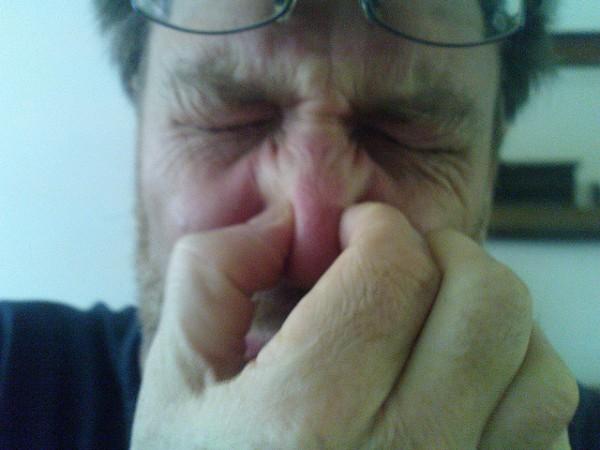
We've all had that one friend who rips one when they thought no one was noticing. You avoid them and make fun of them, but if this new study conducted by researchers of University of Exeter Medical School is anything to go by, it's high time you thanked them.
Time, on 11 July, based on a study conducted by the scientists from the University of Exeter reported that a compound found in the smell of human flatulence and rotten egg may someday prove beneficial in mitigating cell damage responsible for a hoard of diseases including cancer, strokes, arthritis and heart diseases among other things.
The study, published in a recent issue of the journal Medicinal Chemistry Communications and presented at the the June International Conference on Hydrogen Sulphide in Biology and Medicine in Kyoto, Japan , examined the impact of hydrogen sulphide gas—which humans produce in small amounts during digestion—on cells' mitochondria.
Although the gas is noxious in large doses, it is understood that hydrogen sulphide, in small doses, can help protect cells and fight illness by helping to preserve mitochondria, which drives the energy production in blood vessel cells and regulate inflammation.
The Exeter scientists have now created a compound called AP39 that slowly delivers small, concentrated amounts of the gas to mitochondria.
"We have exploited this natural process by making a compound, called AP39, which slowly delivers very small amounts of this gas specifically to the mitochondria. Our results indicate that if stressed cells are treated with AP39, mitochondria are protected and cells stay alive," Time quoted Professor Matt Whiteman, of the University of Exeter Medical School.
"When cells become stressed by disease, they draw in enzymes to generate minute quantities of hydrogen sulphide. This keeps the mitochondria ticking over and allows cells to live. If this doesn't happen, the cells die and lose the ability to regulate survival and control inflammation," he explained.
So the next time you can't hold on to that fart but are too embarrassed to let go, remember that you may be responsible for saving someone's life.
















